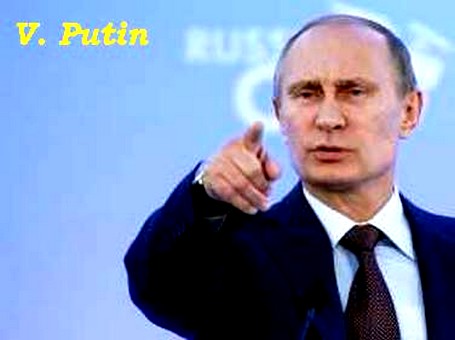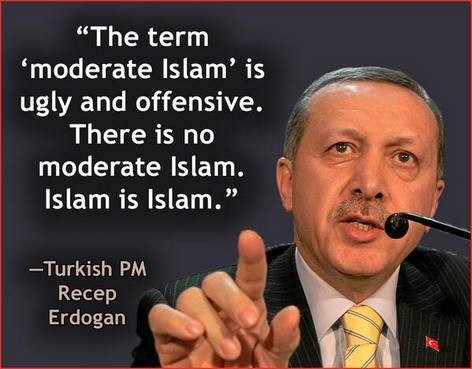


E la presa Deir el-Zour inizia ora... ma da parte Kurda, appoggiata dagli USA..
Ed allora Erdogan decide una piccola spesa di due miliardi e mezzo di dollari ( ma lui é ricco ) di batterie missilistiche contra-aeree Made in Russia..
Insomma con il contrabbando con l'Iran e con la Russia e con il petrolio dell'ISIS di quattrini deve averne fatti..
E ne ha fatti tanti proprio alla faccia dell'embargo EURO-USA e del resto del mondo..NATO !
E nulla di meglio che spenderli facendo un regalo a Putin ed uno sberleffo alla NATO.
Dopotutto é un bel riciclaggio..
Già, mai poi , per abbattare quali aerei ?
Quelli della NATO, dove, ormai per finta, é ancora un partner inaffidabile ?
Quelli di Israele ?
Oppure i vecchi aquiloni iraniani ?
Certo che per spendere due miliardi e mezzo di dollari di batterie missilistiche anti-aeree di paura ne deve aver ben tanta..
Insomma il primo passo per uscirsene dalla NATO dopo che il suo sogno-ricatto di un libero visto di circolazione in Europa per i suoi
concittadini ormai sempre più "duri e puri islamici" é stato abbattuto da tutto il consiglio di Europa.
Ed é precipitato rovinosamente, senza paracadute..
Turkey has signed a deal with Russia to buy S-400 anti aircraft missile systems in its first major weapons purchase from Moscow.
Turkish newspapers on September 12 quoted Turkish President Recep Tayyip Erdogan as saying that Ankara already paid
the deposit on the deal, estimated to be worth up to $2.5 billion.
Speaking to journalists aboard his presidential plane returning from a trip to Kazakhstan,
Erdogan also said that he and Russian President Vladimir Putin were “determined on this issue.”
Moscow confirmed the accord, with Vladimir Kozhin, a military adviser to Putin, saying that
Kozhin also said that
The accord, Ankara’s most significant weapons purchase from a non-NATO supplier, has raised concerns
in the West over technical compatibility with NATO equipment.
An unidentified NATO official was quoted as saying that the alliance did receive information
on the purchase of the Russian-made missile system by Turkey.
The official also said that it was
“No NATO ally currently operates the S-400,”
Joseph Dunford, the U.S. chairman of the Joint Chiefs of Staff, said in July that the purchase
of the S-400 air-defense system from Russia
The Pentagon has also sounded the alarm, saying that
“the contract has been signed and is being prepared for implementation.”
“all the decisions made for the contract strictly comply”
with Russia’s strategic interests.
“up to allies to decide what military equipment they buy,”
adding,
“What matters for NATO is that the equipment allies acquire is able to operate together.”
the official added.
“would be a concern”
for Washington.
“generally it’s a good idea”
for NATO allies to buy interoperable equipment.

“We make the decisions about our own independence ourselves,”
he said.
“We are obliged to take safety and security measures in order to defend our country.”
Russia says the S-400 surface-to-air missile system has a range of 400 kilometers and can shoot down up to 80 targets simultaneously.
It deployed the system at its air base near Latakia in western Syria in December 2015 after a Turkish fighter
jet shot down a Russian warplane on the Turkish-Syrian border in late 2015, causing a diplomatic rift between Moscow and Ankara.
But Turkey has been establishing closer links with Russia after its recent souring of ties with the United
States over a number of issues, including U.S. support of Syrian Kurdish fighters that Ankara considers terrorists.
Meanwhile, Russia’s relations with the United States and NATO have been in crisis over its annexation
of Ukraine’s Crimea region in March 2014, its backing of separatists in eastern Ukraine, and other issues.
With reporting by AFP, dpa, and TASS
( Gagrule )
